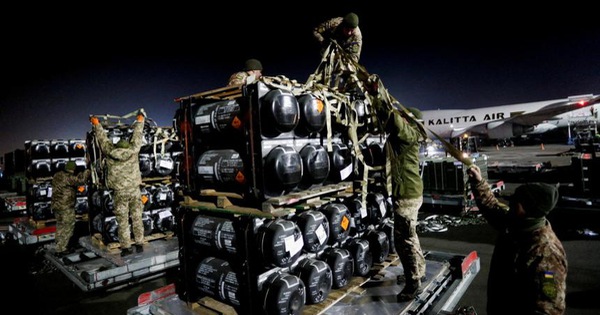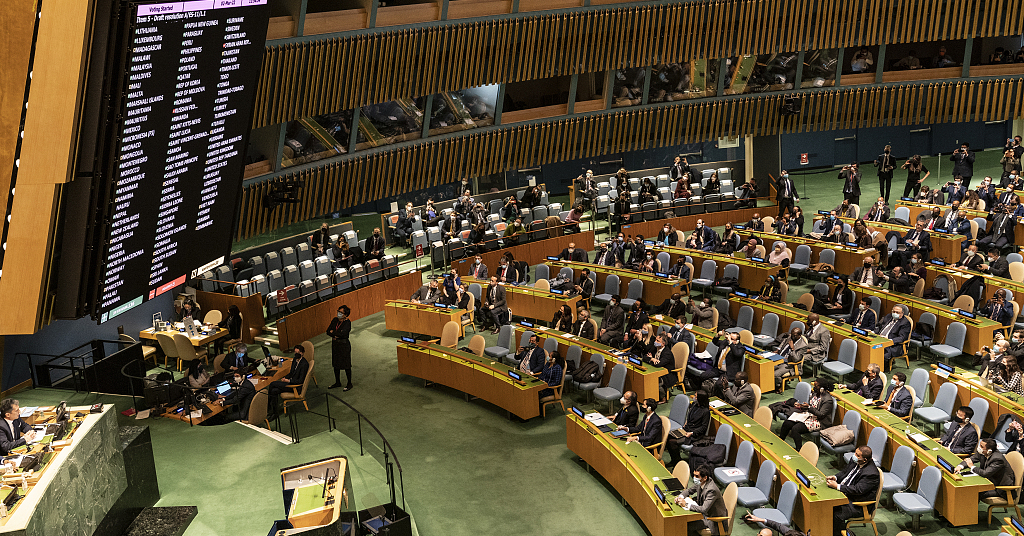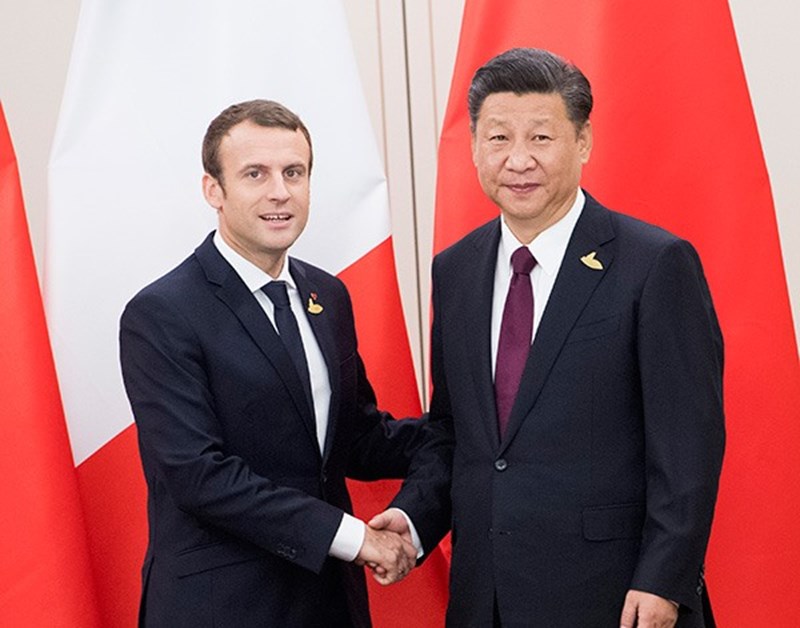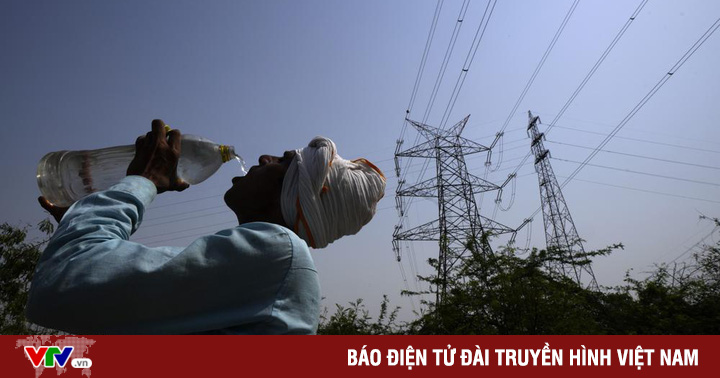‘Green deal’ for peace and development
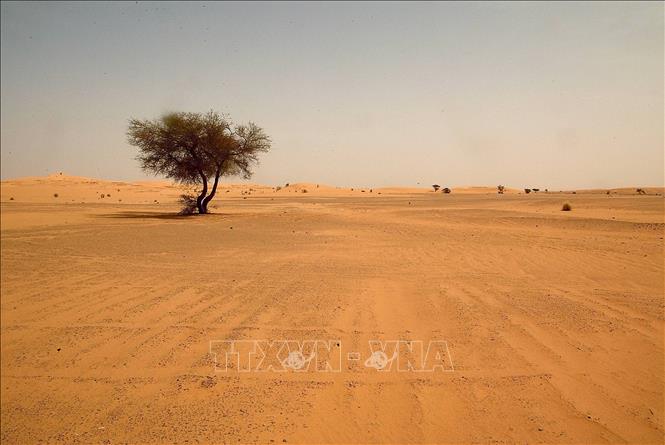
The Ninth World Water Forum takes place from 21-26 March in Dakar, Senegal, organized by the World Water Council. The theme of this year’s forum is “Water security for peace and development”, with the goal of creating a stronger impetus for action in order to make practical contributions to support transformation and improve the lives of people in rural areas. The area is still difficult because of water shortage
According to estimates by the United Nations (UN), in 2020, more than 2 billion people around the world live without enough drinking water in their homes, 771 million people have to travel a distance of at least 30 minutes away from home to get water. clean water and more than 100 million people are using untreated drinking water, water quality is not guaranteed. The latest report of the Food and Agriculture Organization of the United Nations (FAO) says that about 2.3 billion people currently live in countries at risk of permanent water shortage, with more than 733 million people (10% of the world population). live in high-risk and particularly high-risk countries. The world population increases, the demand for water increases, leading to water scarcity and conflicts because of water disputes.
The issue of climate change increases the risk of a water crisis, especially in Africa. Only 58% of Africans have access to safe drinking water, with only 10% of the potential of hydroelectricity being exploited. The use of low-quality water is responsible for 70-80% of diseases in Africa. Health effects lead to educational losses, especially for girls, with lifelong consequences.
FAO Director-General Khuat Dong Ngoc said the world needed more comprehensive, integrated and innovative measures to tackle the water shortage problem, which already threatens some 3.2 billion people living in rural communities. According to the FAO report, water shortages and pollution are threatening to push the world’s main agri-food systems to the brink of rupture, as agriculture accounts for about 70 percent of global freshwater demand. bridge. In most African countries, water availability is so low that many countries do not have enough water to use in crops or to meet the needs of other economic sectors. Some 3.2 million people living in agricultural areas face risks from water scarcity, which threatens global food security and sustainable development.
The head of FAO called for a focus on forms of water use management in the agricultural sector, allowing efficient use of water resources to get the highest production in the same use volume. In addition, it is necessary to protect and restore ecosystems through green farming practices and adapt to climate change to be able to produce sustainable agricultural products, while limiting the impact of climate change. impact on the ecosystem and reduce greenhouse gas emissions in this industry.
World Bank President David Malpass emphasized that this forum is a historic event organized in a timely manner in the context that more than ever, the world is in need of peace and development. He assessed that cross-border cooperation is essential, especially in Africa, where 90% of rainwater can be stored in areas located at the borders of countries. Sharing water data through global initiatives is also key to effectively monitoring the impacts of climate change on the water cycle and helping countries manage water resources, respond to development and growth needs.
The World Bank President also mentioned three main fronts where the world needs to act together to solve the water crisis. First, focused policy measures and more effective institutions are critical to ensuring sustainable and equitable water use, appreciating the value of water, and improving water services. water supply. The second is investment, because transporting and maintaining water and sanitation services requires large-scale investment and cooperation from the public and private sectors. It is estimated that the global cost of safe water and sanitation is about $150 billion per year. The third front is the participation of the whole people to move towards a meaningful transformation in the field of water exploitation and use. People’s response and action with policies and initiatives will help increase efficiency and productivity, reduce risks, create jobs and increase incomes for the people themselves.
The Ninth Water Forum closed with a “Blue Deal” statement that called for ensuring access to water and sanitation for all; ensure adequate financing and inclusive governance, as well as strengthen cooperation in the water sector. The Declaration of “Green Deal” is assessed to have the potential to promote the implementation of the right to clean water and sanitation for all through the provision of appropriate legal frameworks. The Declaration also calls for the application of international humanitarian law, in particular the additional protocols to the 1949 Geneva Convention for the protection of water supplies and essential sanitation systems in times of conflict. The Declaration calls on stakeholders to adopt integrated and sustainable water use management plans to protect water resources and ecosystems, and ensure resilience to climate change and pressures. demographic.
Water is a theme that runs through the United Nations’ Sustainable Development Goals to the anti-climate change goals outlined in the 2015 Paris Agreement on climate change. Access to water is a fundamental right. of human. As affirmed by the President of the European Commission (EC) Usrula von der Leyen at this forum, a conference to discuss water is also to discuss climate and nature, energy resources, health and other resources. on food supplies, on the security of regions, and on equality in society. Cross-border cooperation in water management is cooperation for sustainable development, progress is based on partnerships, is about peace and security and above all for people and their future. . Therefore, the international community needs to promote clear governance, investment, innovation and coordination for a future of water security for all, and also to demonstrate that water is not the source of conflict. which is a symbol of cooperation and hope.
at Blogtuan.info – Source: baotintuc.vn – Read the original article here
